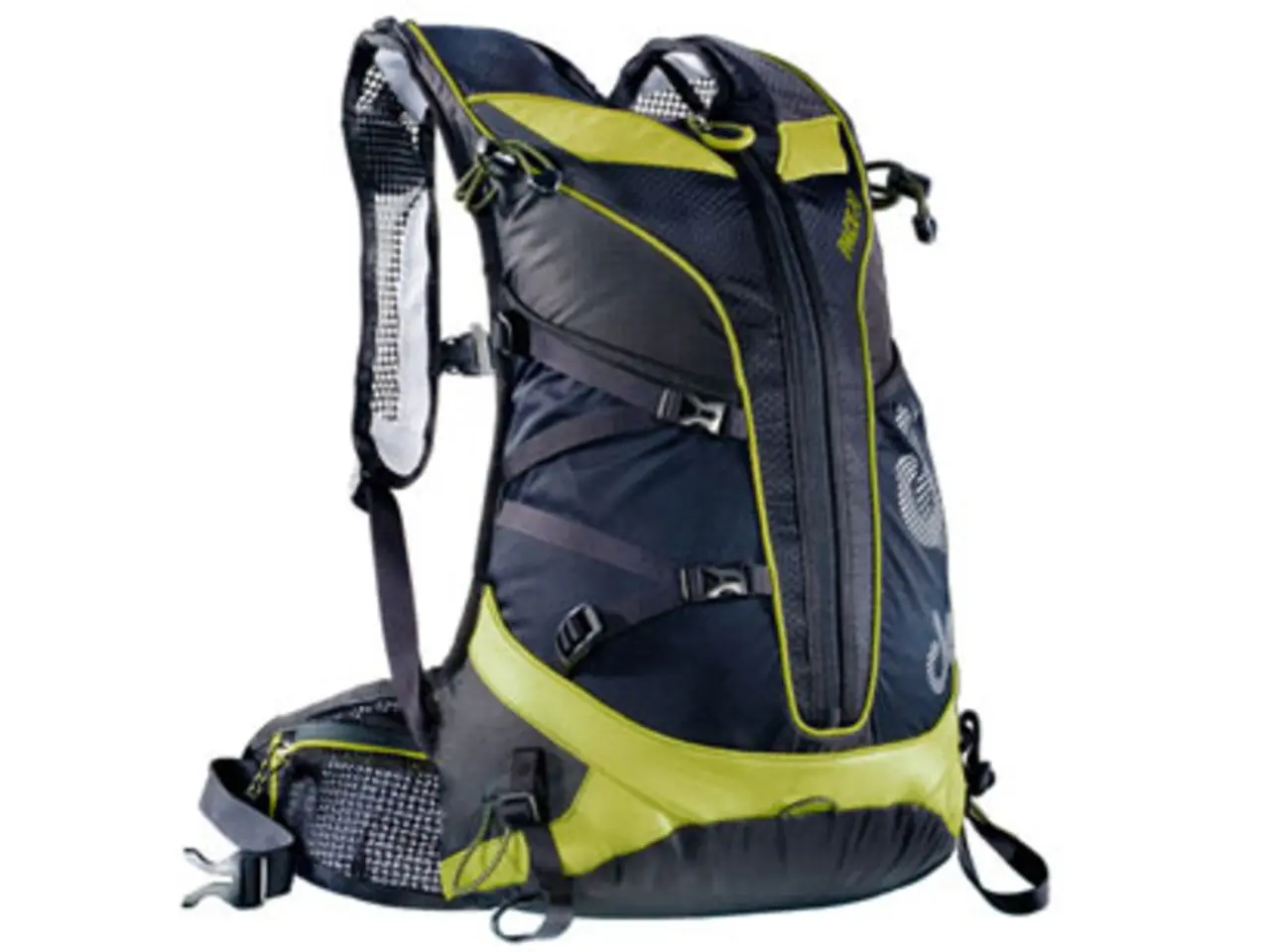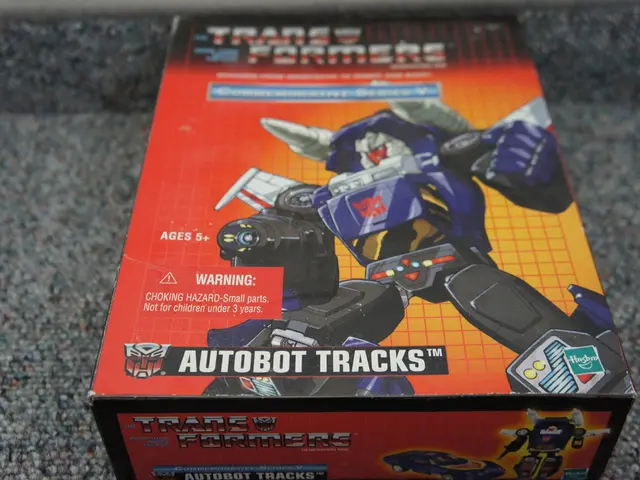Regulatory body imposes penalties on companies for shipping battery products in a hazardous manner on freight aircraft.
The U.S. Federal Aviation Administration (FAA) has been enforcing stricter regulations on the transport of lithium batteries, following a series of incidents involving dangerous goods shipments.
The International Air Transport Association (IATA), the U.S. Department of Transportation, and major carriers like FedEx and UPS classify lithium batteries as Class 9 dangerous goods due to their chemical and electrical hazards during transport.
Recently, LG Energy Solution of Seoul, South Korea, was fined $60,000 for failing to declare and label a package containing five lithium-ion batteries shipped to Los Angeles through FedEx. Similarly, Mobile Sentrix, based in Manassas, Virginia, was fined $170,000 for tendering undeclared and improperly packaged shipments of mobile phone lithium-ion batteries to FedEx.
These violations occurred after shipping lithium-ion batteries on FedEx and UPS cargo aircraft. Ontario, California-based Mokwheel Bikes was also fined $74,250 for offering an undeclared hazardous material (hazmat) shipment containing lithium-ion batteries to UPS.
The airline industry has emphasized the need for stricter enforcement of hazmat regulations due to the increasing use of lithium-ion batteries. IATA has provided comprehensive guidance on proper handling of batteries for shippers, freight forwarders, ground handlers, airlines, and passengers.
In addition to the fines, the FAA issued penalties to three companies, including a Virginia-based firm called Mobilesentrix, for violations of hazardous material regulations related to improperly packaged and undeclared lithium-ion battery shipments via FedEx and UPS. These incidents caused fires in air cargo shipments.
Uneducated or unscrupulous shippers are sending potentially dangerous shipments of lithium batteries, highlighting the importance of following proper safety standards. These standards include manufacturing, testing, packing, marking, labeling, and documentation of lithium batteries.
Lithium-ion batteries can be carried by air under specific conditions. However, none of the shipments from the companies were properly classified, described, marked, labeled, or packaged to prevent sparks or heat transfer.
In a bid to address these issues, Amazon has pledged to give equal priority to third-party air cargo and its own parcels. Meanwhile, Maersk Air Cargo has expanded its freighter network to South America.
The FAA alleges that LG Energy Solution offered an undeclared and improperly packaged and labeled shipment of five lithium-ion batteries from Seoul to Los Angeles. The agency is working to ensure the safe transport of lithium batteries to prevent any future incidents.
Read also:
- Understanding Hemorrhagic Gastroenteritis: Key Facts
- Trump's Policies: Tariffs, AI, Surveillance, and Possible Martial Law
- Expanded Community Health Involvement by CK Birla Hospitals, Jaipur, Maintained Through Consistent Outreach Programs Across Rajasthan
- Abdominal Fat Accumulation: Causes and Strategies for Reduction








